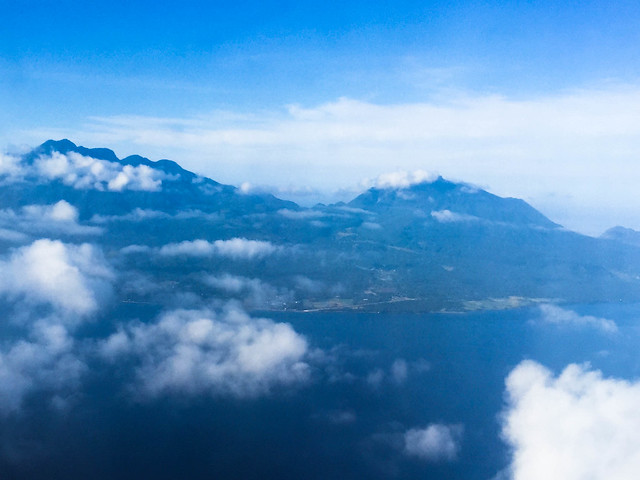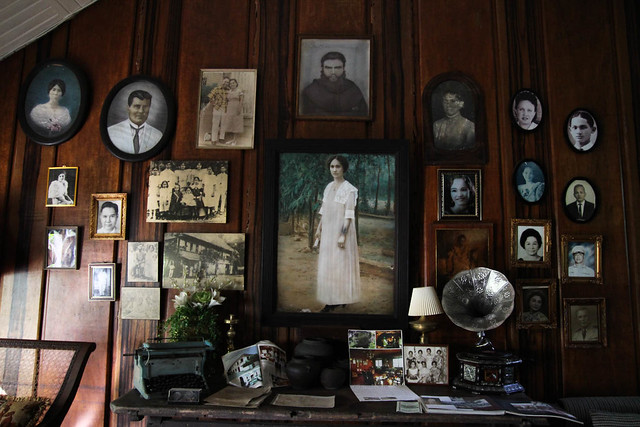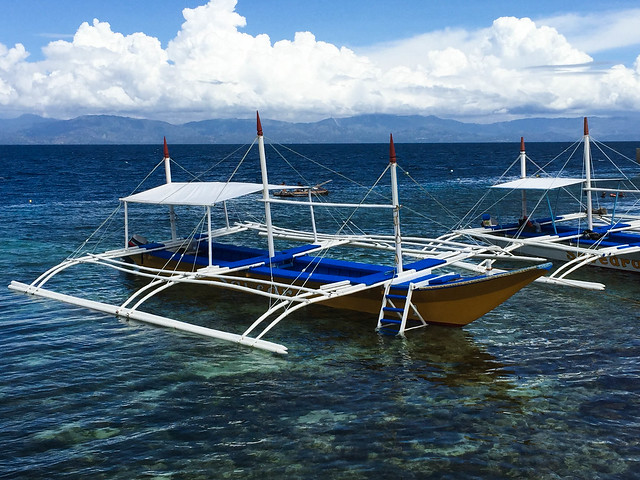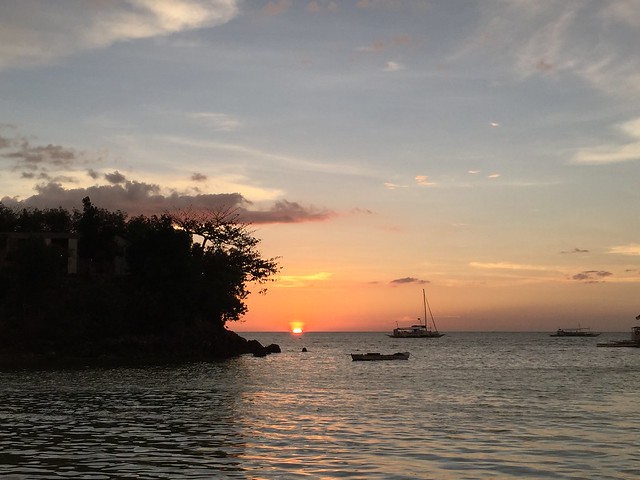Growing up, I lived a fairly culturally ambiguous life. Though I am Filipino by blood, I was born in the US and have attended predominantly white, middle-class schools for most of my life. On top of that, I have a Hispanic last name (confusing, right?). To add some stranger elements to the mix, I listen to mostly Icelandic music and now speak Brazilian Portuguese fluently. So, yes, my upbringing and childhood weren’t exactly linked to one ethnic group, and that’s the way I liked it!
As a Filipino-American, though, I have always been drawn to the Philippines, with its friendly people, its gorgeous beaches and its open culture. I grew up eating Filipino food and hearing my parents speak in their respective dialects. I’ve sang karaoke and danced the tinikling. I’ve been to the Philippines five times now because I’ve wanted to learn more about my heritage and my family’s history.
My first summer of college, I had the amazing opportunity to see the Philippines once again, except this time, with the goal of reconnecting and learning more about my roots. While there, I spent time in my haunted ancestral home in Cabadbaran, tiptoeing around the creaky halls of this historic edifice, cautious about seeing ghosts of family members past. I swam in the same rivers and waterfalls my ancestors did many decades and centuries ago. This trip was a defining one for me because it felt like I was finally learning about what it was like to be a Filipino.
Whether your heritage is Scottish, Indian, Albanian or Chinese, travel can be a great way to learn about your history and yourself. Here are some of the best ways to do that:
Contents
Choose A Meaningful Itinerary

If you’re going to a place to reconnect with your heritage, tailor your itinerary to include places that are significant to your family’s history. For me, I visited the neighborhood where my father grew up, the city where my mother was born, the island where my grandfather’s family originated, and my ancestral home – all located on different islands and different regions in the Philippines. This way, I experienced a diverse set of destinations while also learning more about my family’s past. I’m not going to lie, it’s pretty cool to walk the same streets your parents and grandparents did many years ago!
Contact Family Members

The best way to experience the country of your roots is by reaching out to relatives who still live in those areas. Most likely they’ll be able to tell you more about the history of the place, while also offering a local perspective. You might even be able to stay with them for free! If you show a genuine interest when you talk to them, they will most likely be happy to help you out. After all, they are your family!
If you don’t have family members in your desired destination, it’s possible that your family members have old family friends, classmates, or neighbors that they can connect you with. At the very least, you can try to grab coffee with one of them and hear their amusing stories about what your parents, grandparents, and relatives were like when they were younger.
Learn the Language

What better way to reconnect with your heritage then learning the language of your ancestors? I’m guilty of not doing this fully, as many Filipinos learn English in school, but every time I go there I learn more and more vocabulary and grammar in my mother’s local language. This is a great way to learn about your culture, and can help show other locals that you are interested in communicating with them.
When learning a new language, you don’t always have to take a class. Instead, you can try to converse with locals, or have a family member teach you the basics and go from there. Immersion is the most powerful tool in language-learning, and it will be more of an enriching experience to learn from locals than to learn in front of your computer screen.
Avoid Tourist Traps

If your chief objective in your trip is to learn more about your history and your family, it’s probably a good idea to avoid extremely touristy or fabricated attractions. Of course, if you see something you love to do (like diving for me), by all means – do it! However, the presence of these activities can distract you from what it’s like to live as a local in a particular destination, and you usually won’t have to learn as much of the language in touristy places as many tourist officials around the world can speak English. Challenge yourself to find the “under-the-radar” places within a destination; usually your family members can help with this!
Document Your Experiences

Visiting the country of your heritage can be a life-changing experience, especially if it is your first time. Be sure to find a way to document your experiences, whether through videos, photos, or good old pen and paper. Trips like these only happen once in a lifetime, and if you are truly invested in learning about yourself through travel, documentation and self-reflection always helps to solidify the experience. Plus, you can share those photos with generations to come, and who knows? Maybe you’ll one day be the person teaching other younger family members about their heritage!
